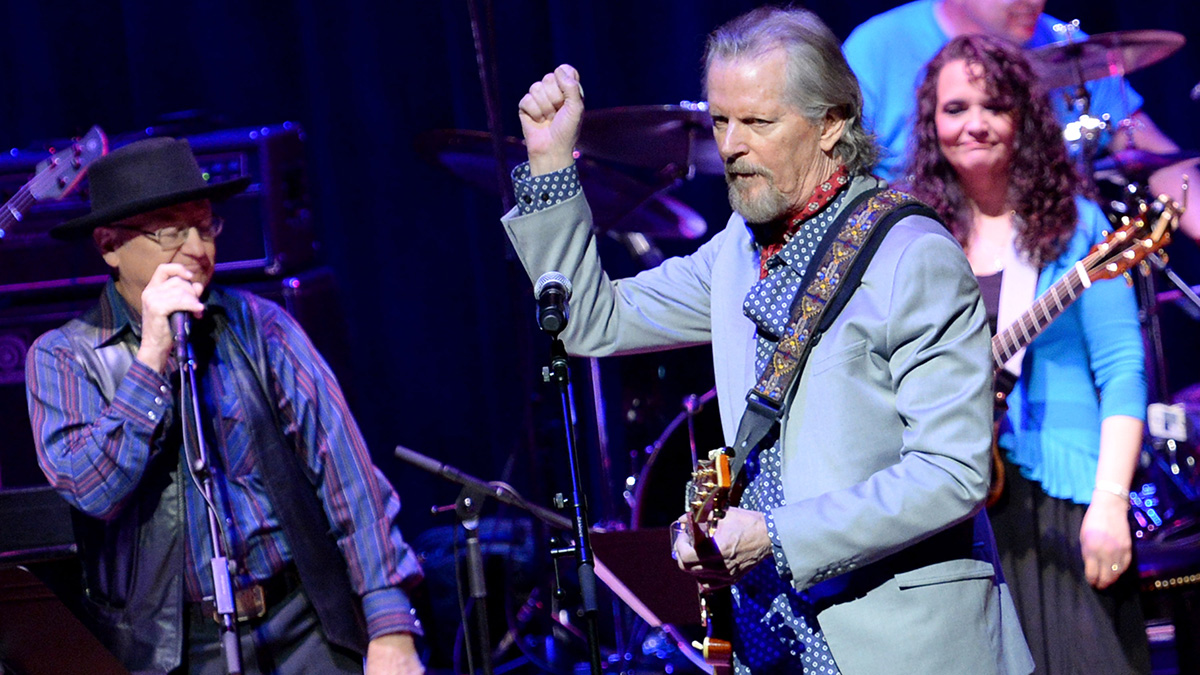Dear Guitar Hero: George Thorogood Talks Bo Diddley, Gibson Guitars, Beatles, Stones and Baseball
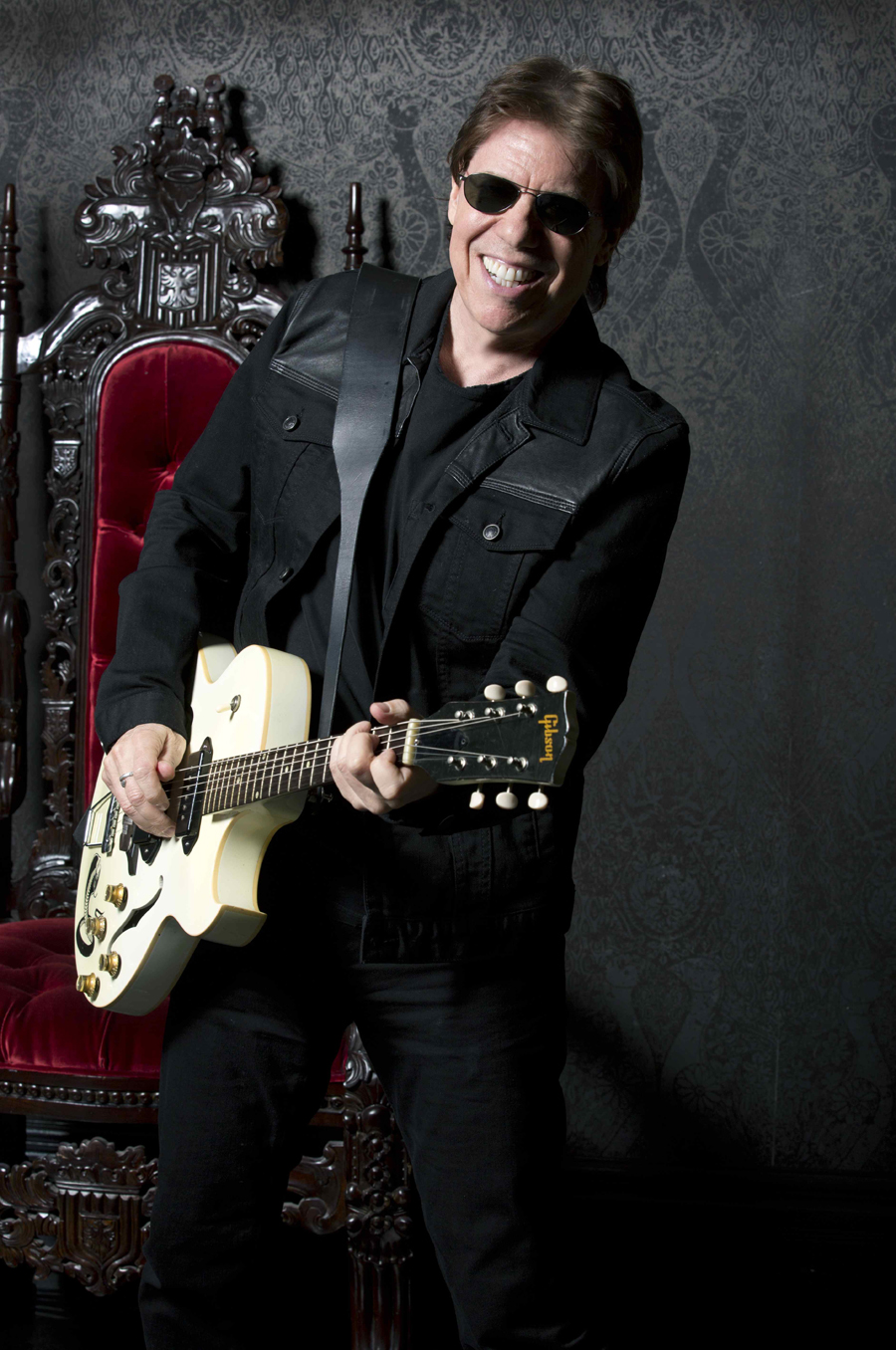
The “Bad to the Bone” blues rocker has sold more than 15 million albums worldwide. But what Guitar World readers really want to know is…
You’ve just released the Live at Montreux DVD and Icon record, and you’re doing a 40th anniversary tour. You look like you’re in amazing shape! What’s your secret to finding the fountain of youth? — Kristine
I have never underestimated the value of a good night’s sleep. You never hear a doctor say, “You’re getting too much sleep.”
I have to ask: What kind of Scotch do you drink? — Perry Scott Baker
I don’t drink Scotch. [laughs] I can’t stand the stuff. It smells bad.
You’ve had a long, successful career. What’s the one piece of advice you wish someone would have told you when you were first starting out? — Jacob Udin
I didn’t get good advice when I started, but I got a lot of good feedback. But I guess the one thing I wish I was told was, “Don’t play on that street corner. Come into this studio and record something now.” I wish that would have happened sooner.
Get The Pick Newsletter
All the latest guitar news, interviews, lessons, reviews, deals and more, direct to your inbox!
I don’t want to sound arrogant or bigheaded or anything, but I didn’t need any advice. I knew what I was doing. I wasn’t a kid when I started. I had a focus on what I wanted to do. And when I first started playing guitar, I got an immediate reaction just from people and audiences. As soon as [blues-harp player] Sonny Terry and [blues guitarist] “Brownie” McGhee heard me, they took a shine to me immediately. There was no turning back once I started on guitar.
If aliens came to the earth and you had to pick one album that would perfectly explain the blues to them, what album would you pick and why? — Andy Stark
Both Robert Johnson albums [King of the Delta Blues Singers, Vol. I and Vol. II]. You don’t have to go any farther than that. He’s not the source, but he’s the peak. There were people before Robert Johnson. You have to understand that, with the exception of a song like “Love in Vain,” what Robert Johnson was doing at the time was a very contemporary style. It’s just that he did it better than anybody. Not unlike Jimi Hendrix. That was the style of that time—Hendrix was just the best at it. And the Beatles weren’t the source, but they were the best.
Someone told me you were almost a professional baseball player but you gave it up for music. Is that true? Do you still play at all? — Ian St. Martin
Yeah. And three things kept me out of the big leagues: I couldn’t hit, run or throw. [laughs] I looked good in the uniform. That was about it. But I gave all that up a long time ago.
I love your cover of Bo Diddley’s “Who Do You Love.” I think he is one of the greatest. Is it true you were also friends with him? What’s your fondest memory of him? — Jerry O’Donnell
Um, friendly, yeah, but I don’t know about friends. Bo was kinda a tough guy to reach. If I can say anybody had the good fortune to be on good terms with Bo, I was one of them. I have to say my meetings with Bo all went well. I couldn’t pick just one out. They were all great.
You’ve been long associated with the Gibson ES-125, which is not a common guitar. What makes that guitar so special and right for you? — Andy Clayson
I’m not a common guitar player. I have an unorthodox style. You know Earl Anthony had an unorthodox style, and he’s the biggest moneymaker in bowling of all time. So that’s like me. I have an unorthodox guitar because I have an unorthodox style. And I have an unorthodox style because I have an unorthodox personality.
I think you’re one of the best storytellers around. I was wondering, where do you start when you sit down to write a song and where do you look for inspiration when it comes to writing lyrics? — Jake Whittaker
I write songs 100 percent for entertainment purposes. I write or find songs that will cater to the taste of our audience and that I know they will enjoy hearing. It’s hard as time goes on. Look how many great songs have been written before I even picked up a guitar. Look at Hank Williams’ catalog by 1951. Then look at Chuck Berry, Bob Dylan and the Beatles. And you’re like, Holy shit! Why bother! [laughs]
So to sit down and write something unique and different is getting harder all the time, because there’s been so much done already and only 88 notes on the piano. There’s only so many melodies. That’s why the oldies keep getting played over and over again. It’s tough to measure up. So when I’m writing a song, it caters to our audience’s taste, not mine. But I will never record a song that I dislike myself. It’s a business. You sit down and go, “Oh, I like this, but this one will knock our audiences out. It’ll knock ’em silly.”
I love your cover of Hank Williams’ “Move It On Over.” Was traditional country important to your musical upbringing? — George Knight
You know, Hank Williams died in 1951, and the term country-and-western music wasn’t even coined until, like, 20 years later. Hillbillies were attracted to him, but Hank Williams was more of a pop artist. His tunes were in the pop charts. Tony Bennett did “Cold, Cold Heart” and it was a big hit. Hank Williams had his own hits in the charts along with guys like Bing Crosby and Frank Sinatra and everyone who was contemporary at the time.
And Hank was from the city, Montgomery, Alabama. So he was a city boy. It was years later that they had to categorize music so they could sell things. They had to say, Bonnie Raitt is rock; Tom Waits is rock. Well they’re not rock—they’re unique artists that the labels had to put in some category. Hank Williams was a brilliant songwriter and had a brilliant catalog of music. It was only later, because he had a certain twang to his voice, that people called it country. I just call it Hank Williams. And he’s not just one of the best; he is the best.
What record in your youth changed your life and inspired you to become a musician? — Peter Gaines
The first two Rolling Stones albums I got: 12 X 5 and The Rolling Stones, Now! I bought them both on the same day. I listened to those albums over and over again. At that time, the Beatles and Bob Dylan were the big things, but they both wrote their own songs.
The Rolling Stones were on the eve of coming out with “Satisfaction,” and writing great originals. But at the time they were doing very obscure blues covers. I listened to those two albums and thought, There’s a chance for a guy like me. I’d never be able to write something like “Day Tripper,” “Yesterday” or “Strawberry Fields Forever.” I’m never gonna be able to play the guitar like Jimi Hendrix or do what Dylan’s done. No one’s gonna do what Dylan’s done. Forget it! But when I heard the Stones do “Little Red Rooster” I thought, This is what I can do. So I did it the best that I could. And that was that.
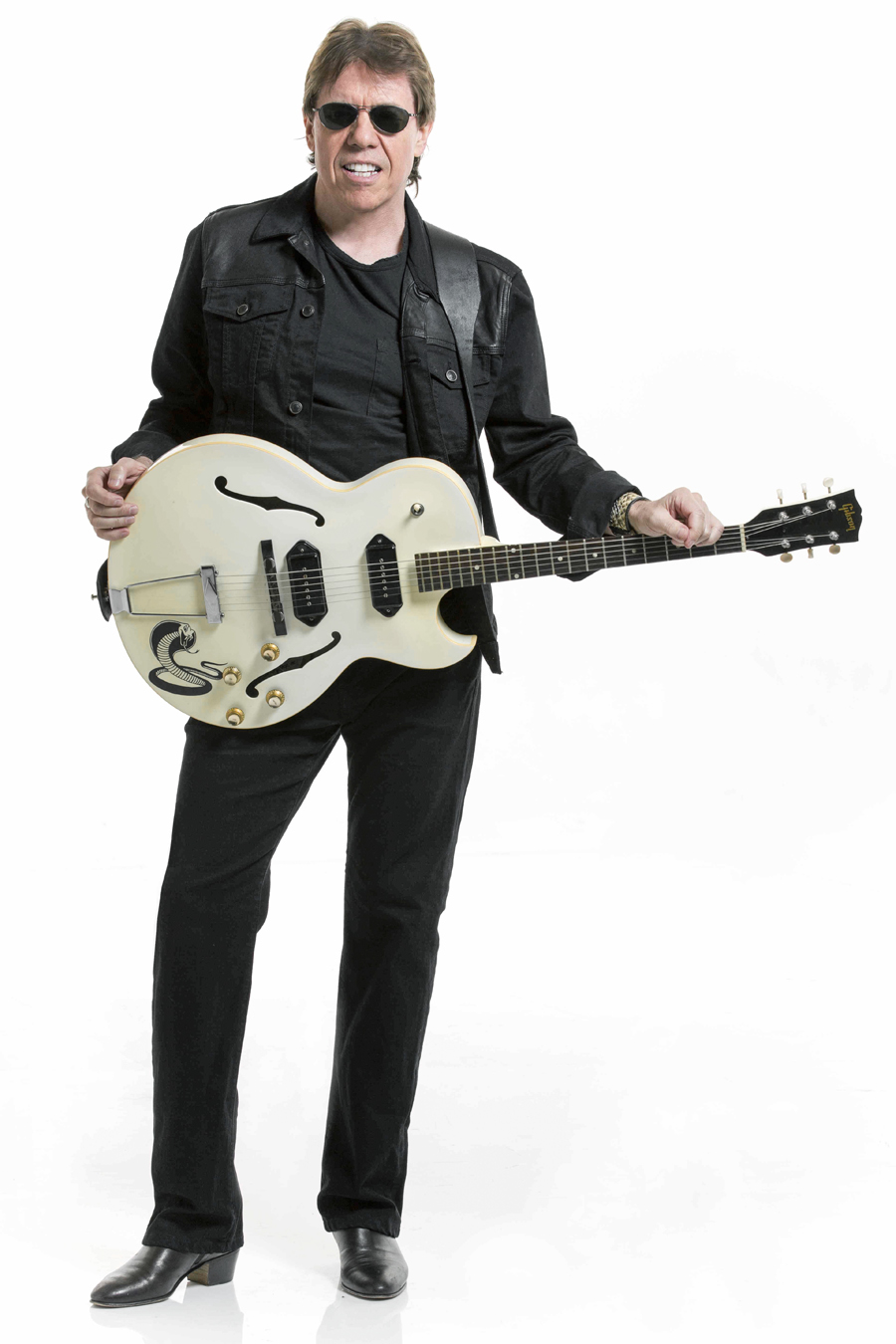
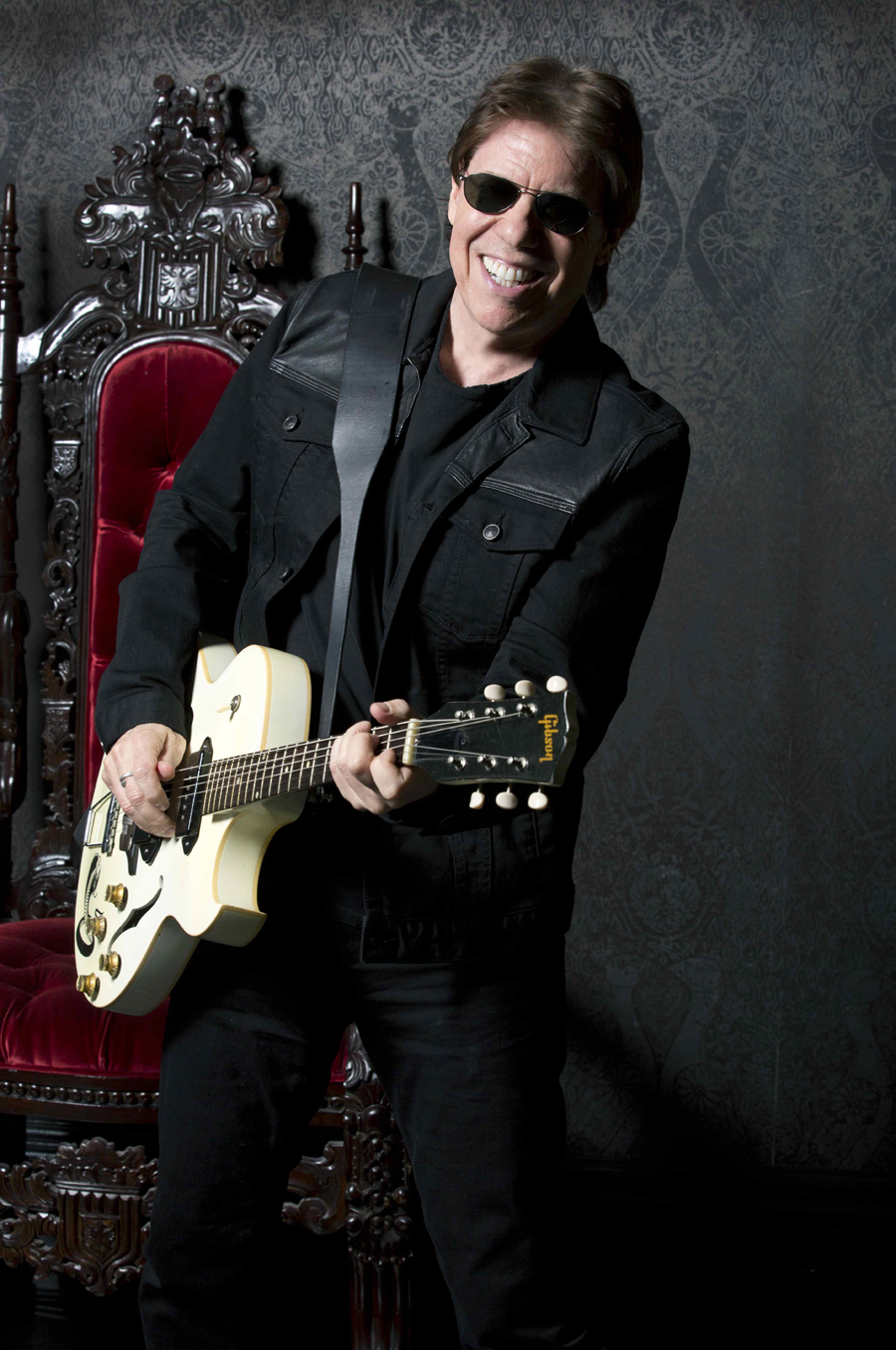
Brad is a Brooklyn-based writer, editor and video producer. He is the former content director of Revolver magazine and executive editor of Guitar World. His work has appeared in Vice, Guitar Aficionado, Inked and more. He’s also a die-hard Les Paul player who wishes he never sold his 1987 Marshall Silver Jubilee half stack.
“I’ve never bought a guitar and I’m quite proud of that! I always tell people when they’re learning: there’s a guitar not being played”: Meet Sacred Paws’ Ray Aggs, the dextrous Tele-wrangler inventing new chords and capturing Thurston Moore’s imagination
“Even standing with the guitars is tricky”: Ritchie Blackmore's health sparks concern after update from wife and musical partner Candice Night
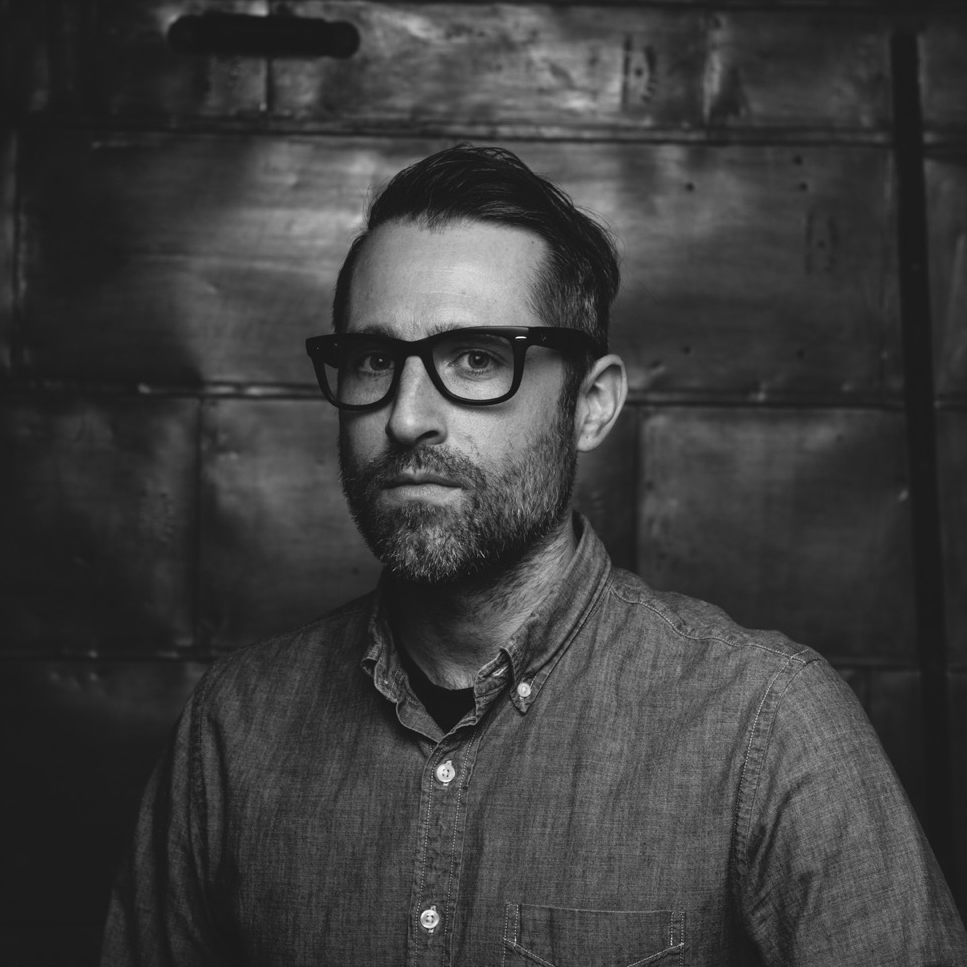




![[from left] George Harrison with his Gretsch Country Gentleman, Norman Harris of Norman's Rare Guitars holds a gold-top Les Paul, John Fogerty with his legendary 1969 Rickenbacker](https://cdn.mos.cms.futurecdn.net/TuH3nuhn9etqjdn5sy4ntW.jpg)





